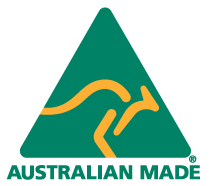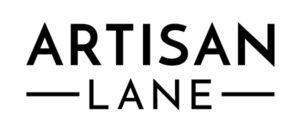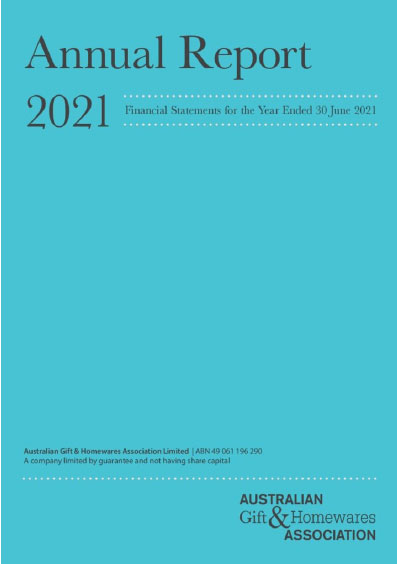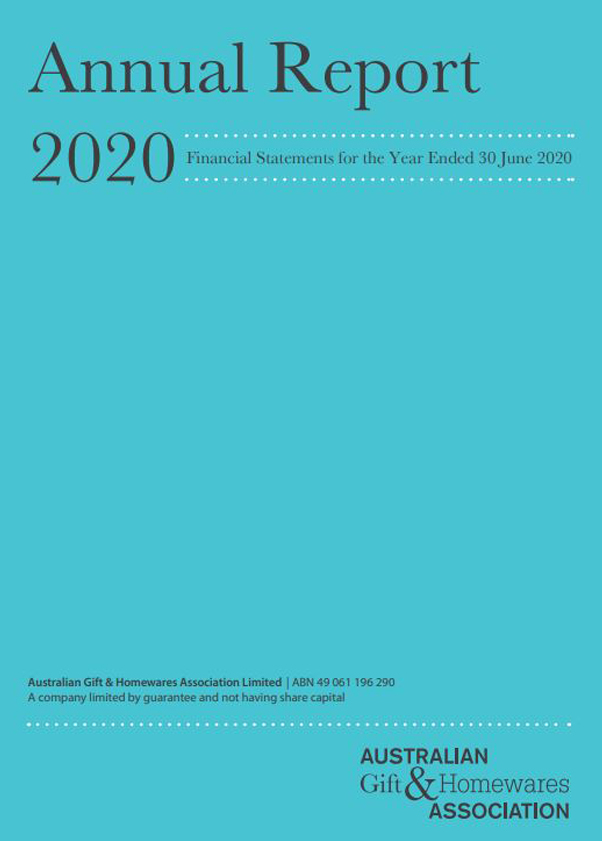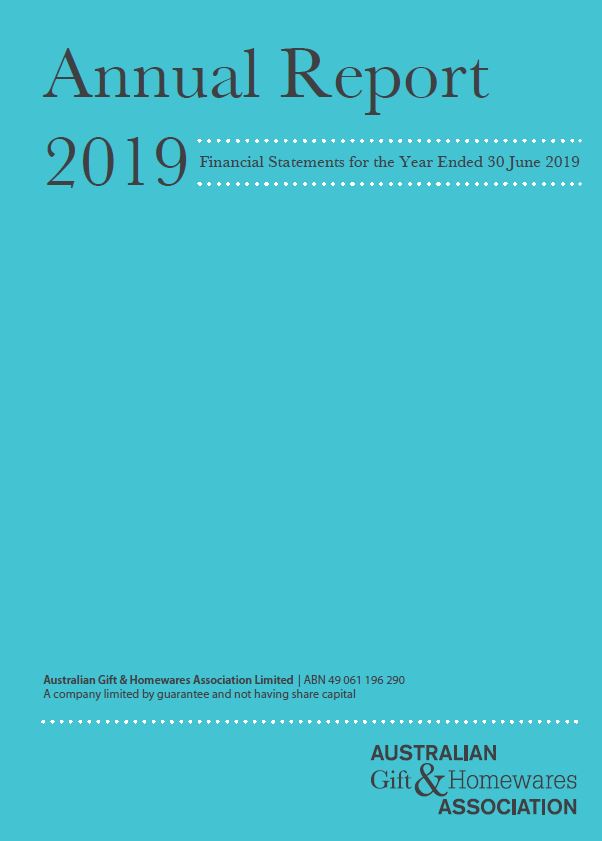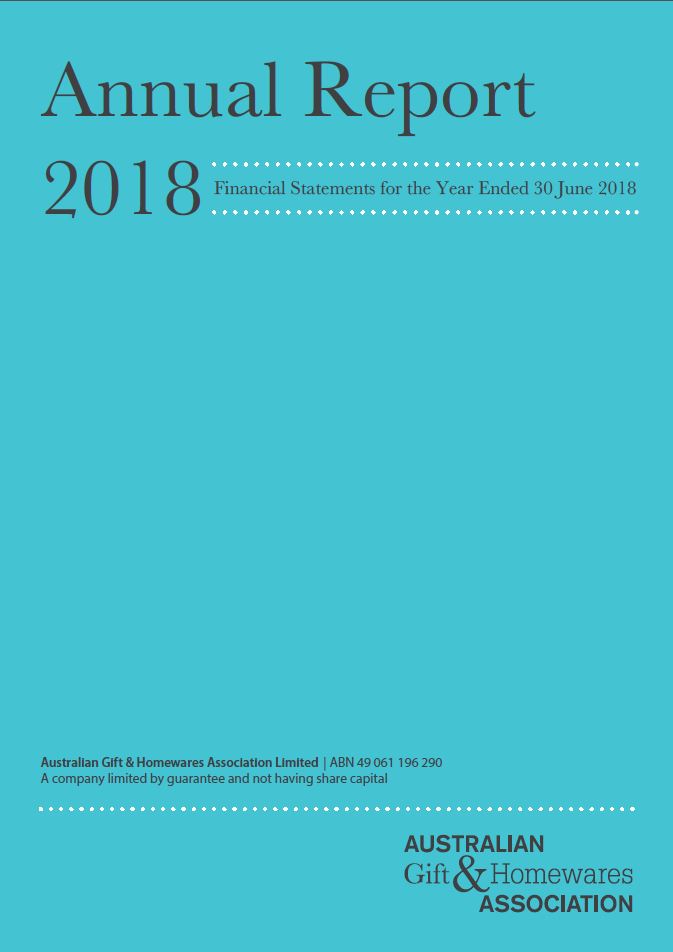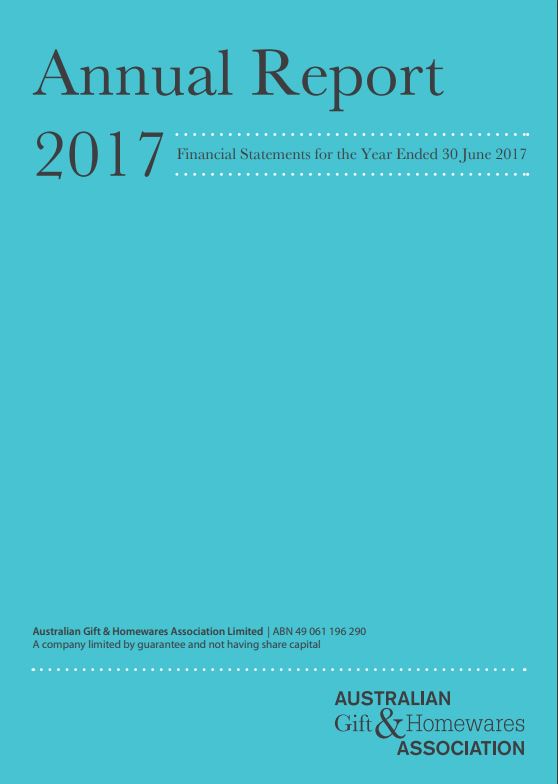AUSTRALIAN GIFT & HOMEWARES PRIVACY STATEMENT
YOUR PRIVACY
AGHA is committed to protecting your privacy. Our Privacy Statement fully complies with the Australian Privacy Act 1988 and the GDPR 2018 and this statement outlines how we collect, store, use and disclose your personal information.
COLLECTION OF PERSONAL INFORMATION
AGHA collects and maintains personally identifiable information provided by you, such as; your name, postal address, email address and contact number. We may also collect details of the past exhibitions which you have attended and any preferences and interests provided by you.
Where applicable, AGHA also collects and maintains your membership information, including your trading name, ABN, date of joining, use of business partner services and other interests and preferences as provided by you.
AGHA also collects some anonymous demographic information, which is not unique to you, such as your postal code and age.
There is also information about your computer hardware and software that is automatically collected by AGHA. This information can include your IP address, browser type, domain names, access times and referring website addresses.
USE OF PERSONAL INFORMATION
The main purpose for collecting your personal information is to enable us to provide our services of conducting events and exhibitions, operate the AGHA website and deliver the services you have requested. We may use and disclose your personal information for this and other purposes, including conducting our business; communicating with you; informing you about products or services which we think may be of interest to you; marketing, improving, supporting and enhancing our services, meeting our legal obligations; and providing general statistics regarding the use of the AGHA website.
AGHA also uses your personally identifiable information to inform you of other products or services available from AGHA and its affiliates. AGHA may also contact you via surveys to conduct research about your opinion of current services or of potential new services that may be offered.
Please keep in mind that if you directly disclose personally identifiable information or personally sensitive data through AGHA public message boards, this information may be collected and used by others. Note: AGHA does not read any of your private online communications.
AGHA encourages you to review the privacy statements of websites you choose to link to from AGHA so that you can understand how those websites collect, use and share your information. AGHA is not responsible for the privacy statements or other content on websites outside of the AGHA and AGHA family of websites.
You may update your personal information anytime by contacting AGHA on 1300 441 384 or email contact@agha.com.au.
DISCLOSING AND SHARING PERSONAL INFORMATION
AGHA does not sell, rent or lease its customer lists to third parties. AGHA may, from time to time, contact you on behalf of external business partners about a particular offering that may be of interest to you. In those cases, your unique, personally identifiable information (e-mail, name, address, telephone number) is not transferred to the third party. In addition, AGHA may share data with trusted partners to help us perform statistical analysis, send you email or postal mail, provide customer support, or arrange for deliveries. All such third parties are prohibited from using your personal information except to provide these services to AGHA, and they are required to maintain the confidentiality of your information. Some third parties may be located outside of Australia.
WEBSITE AND COOKIES TRACKING
AGHA may collect information about your visit to our website through cookies to assist us to measure and improve your experience on our website and determine what AGHA services are the most popular. A cookie is a small text file that our website may place on your computer. Usually, cookies are used as a means for our website to remember your preferences and are thus designed to improve your experience of our website. These cookies collect non-personal information such as preferences and click activity for measurement.
You can configure your browser to accept all cookies, reject all cookies, or notify you when a cookie is sent. Each browser is different, so check the “Help” menu of your browser to learn how to change your cookie preferences. If you disable the use of cookies on your web browser or remove or reject specific cookies from our website or linked sites, then you may not be able to gain access to all of the content and facilities on our website.
AGHA may also use a technology called Facebook Conversion Tracking.
WEBSITE ANALYTICS
When you visit and browse our website, our website host and some third party service providers may collect information for statistical, reporting and maintenance purposes.
Subject to the terms of this privacy statement, this information is used to administer and improve the performance of our website and will not be used to identify you. The information may include: the number of users visiting our website and the number of pages viewed; the date, time and duration of a visit; visiting patterns of individuals accessing our website; the IP address of your computer; and the path taken through our website.
We use website analytic services to help analyse how you use our website (Website Analytics). Website Analytics generate statistical and other information about website use by means including but not limited to cookies which are stored on users’ computers. The information generated is used to create reports about the use of our website. Our third party providers of these services may store this information.
We will not (and will not allow any third party to) use Website Analytics to track or to collect any personally identifiable information of visitors to our website. AGHA will not associate any data gathered from our website with any personally identifying information from any source as part of our use of Website Analytics.
AGHA treats personal information that may be obtained through cookies and any other information supplied to us (for example if you send us an email) in accordance with this privacy statement.
DIRECT MARKETING
Our direct marketing consists of a range of communications channels. We communicate to our members using postal mail, telephone, email and SMS and will only send you any advertisement, marketing or promotional material or product information, if you have elected to receive such information. You can change your mind about your preferences in respect of direct marketing at any time by using the unsubscribe information on every such contact, by updating your user profile or account data or by contacting us directly.
INFORMATION RETENTION
We retain information you provide to us and which we collect about you, including Personal Information and Personal Data, for so long as we continue to provide services to you and specifically until such time as you request us to delete your Personal Information and Personal Data.
ACCESS TO YOUR INFORMATION
You have the right to access or update your personal information at any time and may do so by contacting AGHA on 1300 441 384 or contact@agha.com.au.
CHANGES TO THE PRIVACY STATEMENT
AGHA will occasionally update this Statement of Privacy to reflect company and customer feedback. AGHA encourages you to periodically review this Statement to be informed of how AGHA is protecting your information.
BREACHES AND COMPLAINTS
AGHA welcomes your comments regarding this Statement of Privacy. If you believe that AGHA has not adhered to this Statement, please contact AGHA on 1300 441 384 or email ceo@agha.com.au.
We will use commercially reasonable efforts to promptly determine and remedy the problem. In addition you may contact us at any time with any other enquiries about our data management processes.
EUROPEAN UNION CITIZENS AND RESIDENTS
If you are a citizen or resident of the European Union for the purposes of the GDPR (General Data Protection Regulation), then in addition to what is set out above, the following applies to you.
AGHA is a data controller and processor for the purposes of the GDPR and by your consenting to this Privacy Statement, AGHA is able to process your Personal Data in accordance with this Privacy Statement. AGHA will adhere to standards of ongoing protection of data in accordance with GDPR.
In providing its services to you, AGHA may make use of a number of automated processes using your Personal Data and your activity on our Site as tracked by us, in order to provide more tailored and relevant services to you.
AGHA is able to prove lawful storage of data in accordance with GDPR standards.
In addition to your rights set out above, you may:
Request for AGHA to delete all of your personal data if you wish to be forgotten from all the digital systems which AGHA has control over
Update or rectify any of the Personal Data which AGHA holds about you, in the manner described in the “Access to Your Information” paragraph above
Request that AGHA provides you with a copy of the Personal Data AGHA holds about you in a portable and machine readable form
Please use the methods set out in the “Contact Us” paragraph below to make the above requests.
CHANGES TO STATEMENT OF PRIVACY
AGHA will occasionally update this Statement of Privacy to reflect company and customer feedback. AGHA encourages you to periodically review this Statement to be informed of how AGHA is protecting your information.
HOW TO CONTACT AGHA
If a person has any questions or requires feedback about this privacy statement, they should contact:
Privacy Officer
Unit 58, 11-21 Underwood Road
HOMEBUSH NSW 2140
Telephone: +61 2 9763 3226
Email: contact@agha.com.au




